Welcome back to another instalment of Luke Looks Too Closely At Yakuza Shopfronts! In our last episode we were simply admiring the craftsmanship of every little ramen joint and small office in The Man Who Erased His Name, but this time around we're going on a trip.
I've been doing little else but playing Infinite Wealth over the last few days, and as someone who enjoys nothing more than taking in-game photos, I had no idea I was in for a game of such contrasts. I mean, yes, I know the game is mostly set in Hawaii, a first for the previously Japan-only series, but I'd only considered the effect that shift would have on enemies and wardrobes, not my love of the series' day-to-day minutiae.
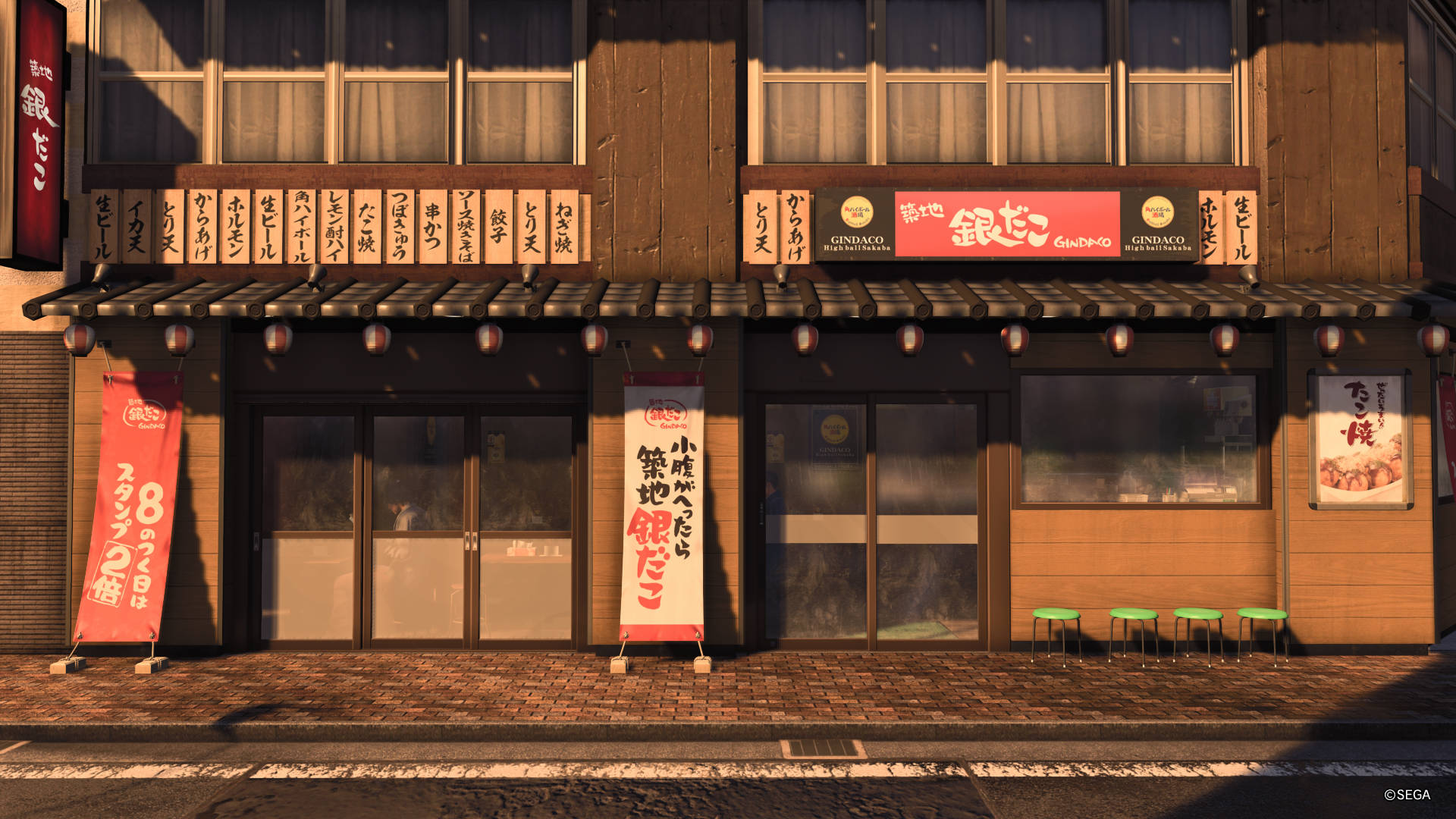
Infinite Wealth opens in Yokohama, which means its first few hours are spent in familiar territory for anyone who has played Like A Dragon or the Judgment games. You'll revisit old haunts like Chinatown, the homeless camp down by the river, Survive and the employment agency. In walking between them, you get to enjoy some of the finest shopfronts in the whole series, each with their own beautiful, custom signage.
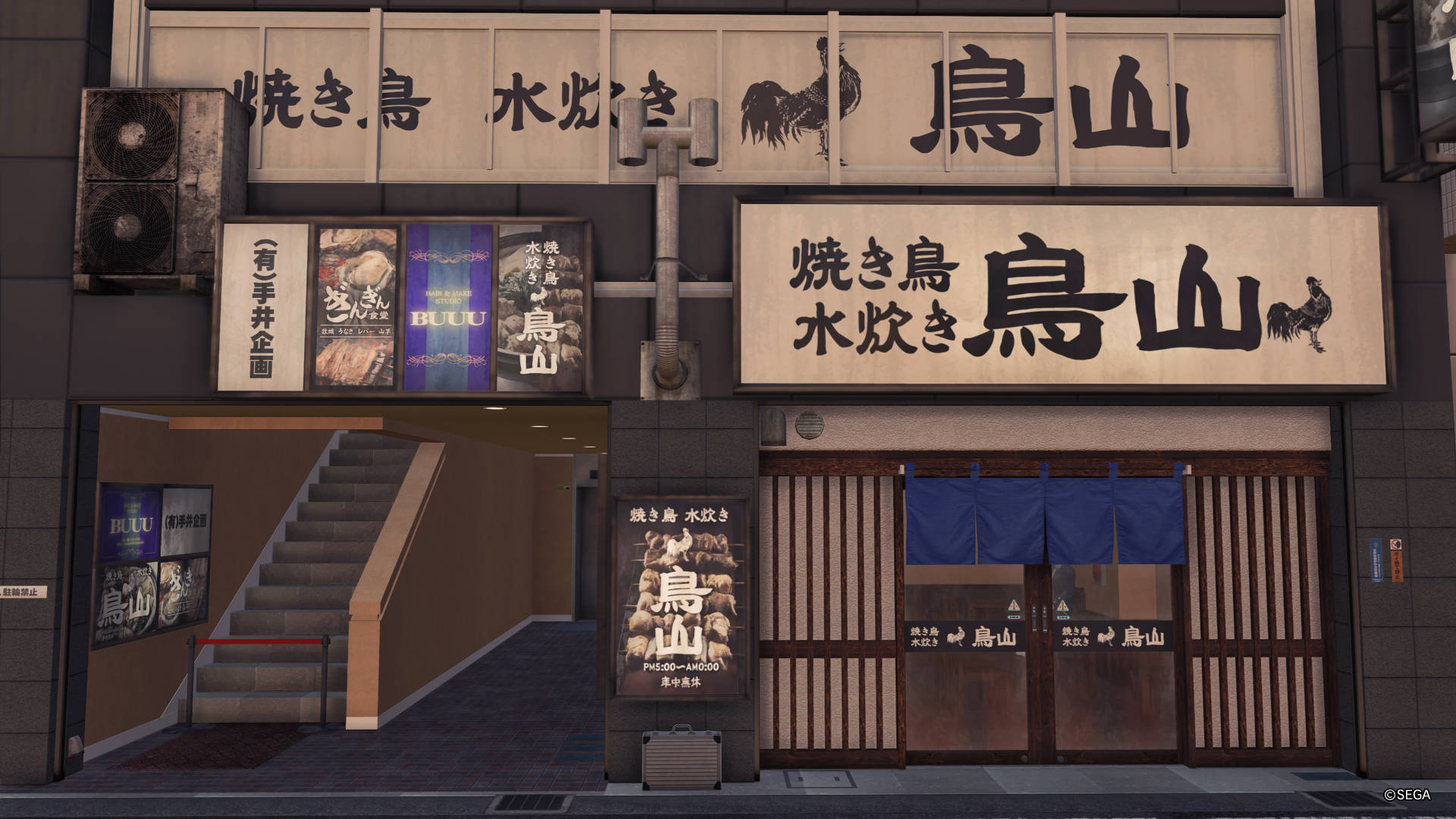
Look at that Yakitori place! It doesn't just have its own big sign, it's even got its own poster and door artwork as well. It's a great example of what I was talking about the last time I blogged about Yakuza shopfronts:
When every building looks different and there's a sense of continuity between each entry in the series, these stores and offices and apartment buildings start to feel like living, breathing places.
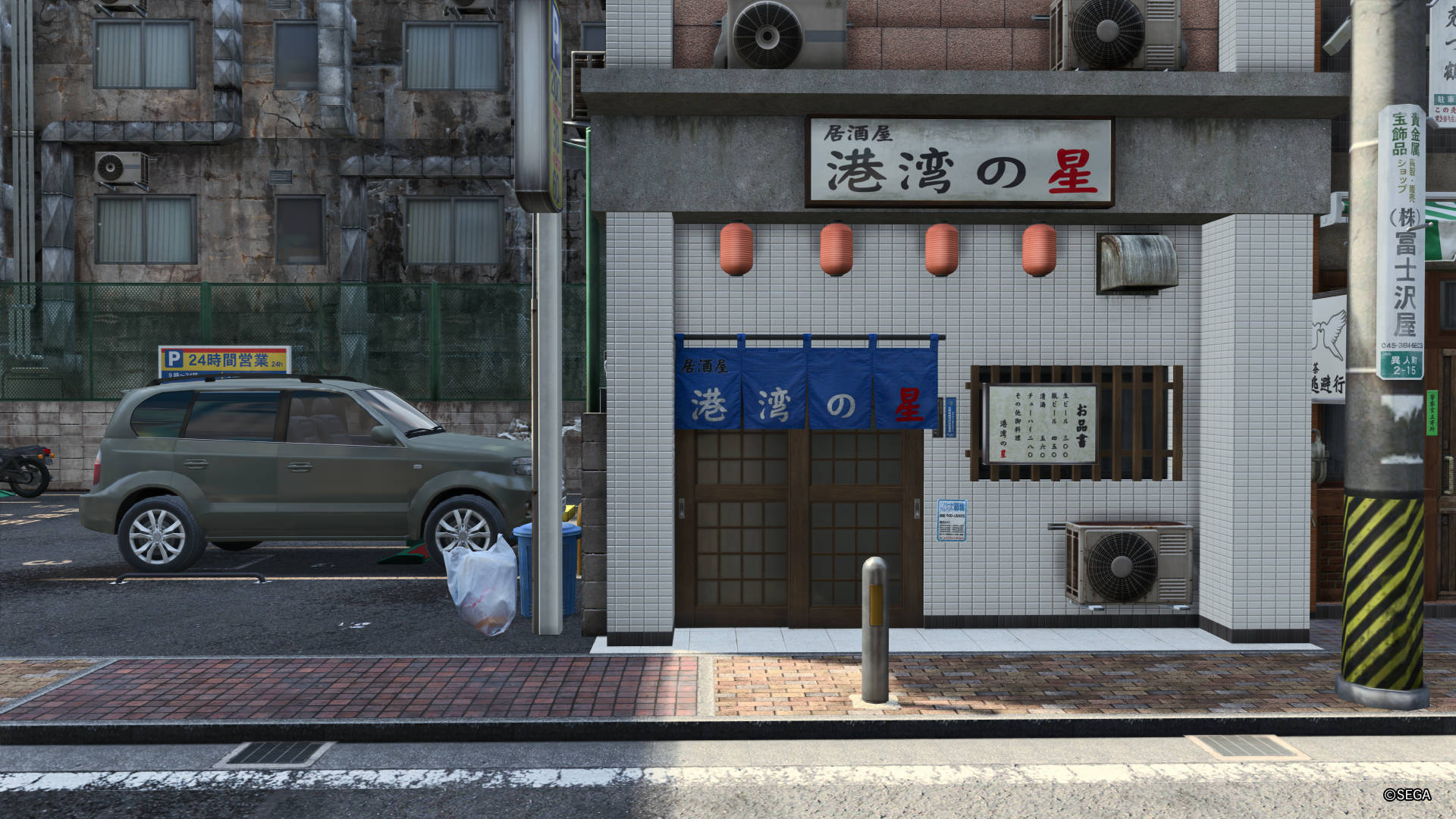
Once you land in Hawaii, though, things are different. Very different. Where in Yokohama care and love has been poured into every single building lining its streets, making each individual store feel like its own piece of environmental storytelling, in Hawaii things are...well, I'll let them speak for themselves. Welcome to Style Gene.
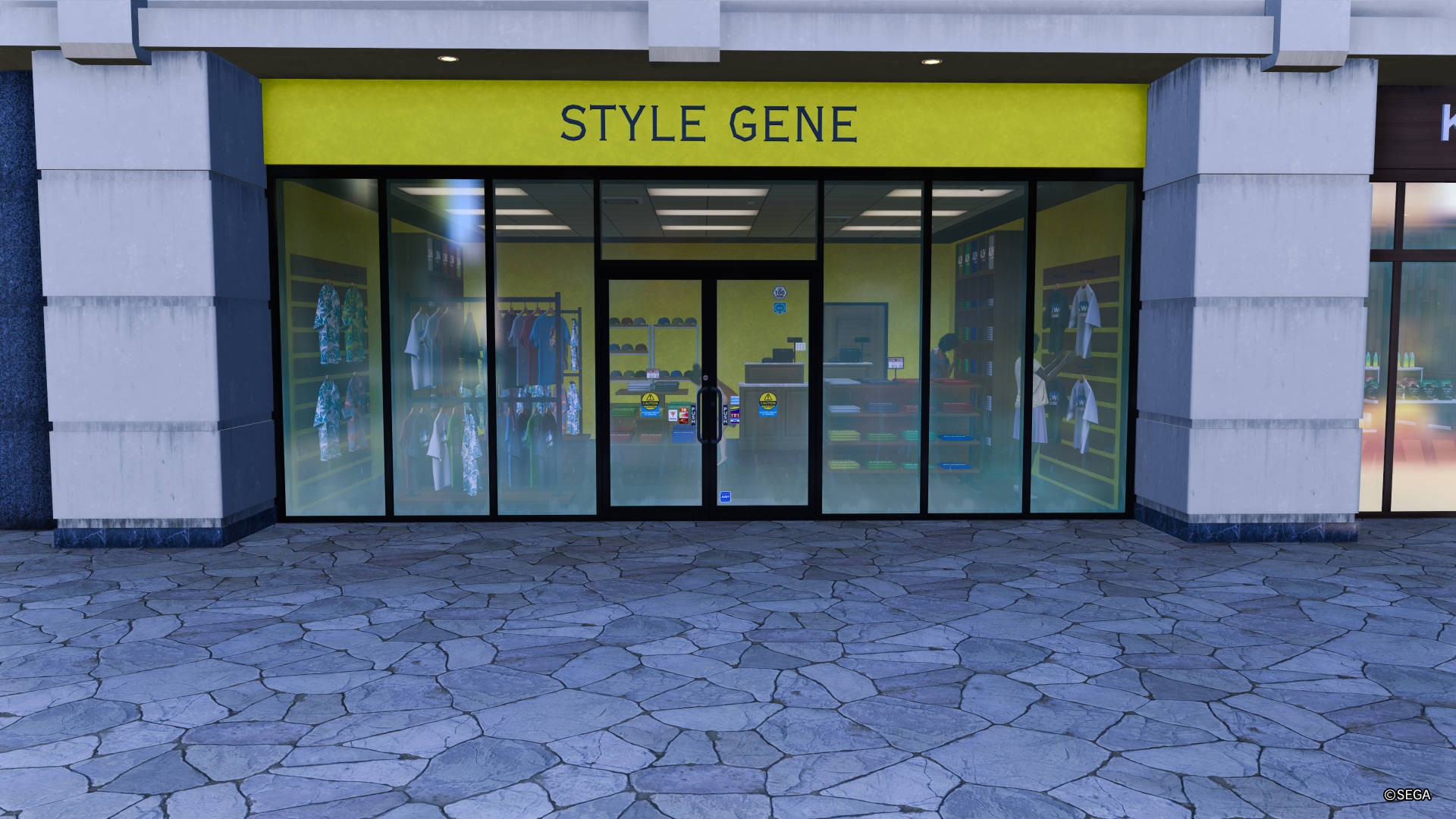
While shopping in this soulless subterranean bunker, remember to Enjoy Yourself!
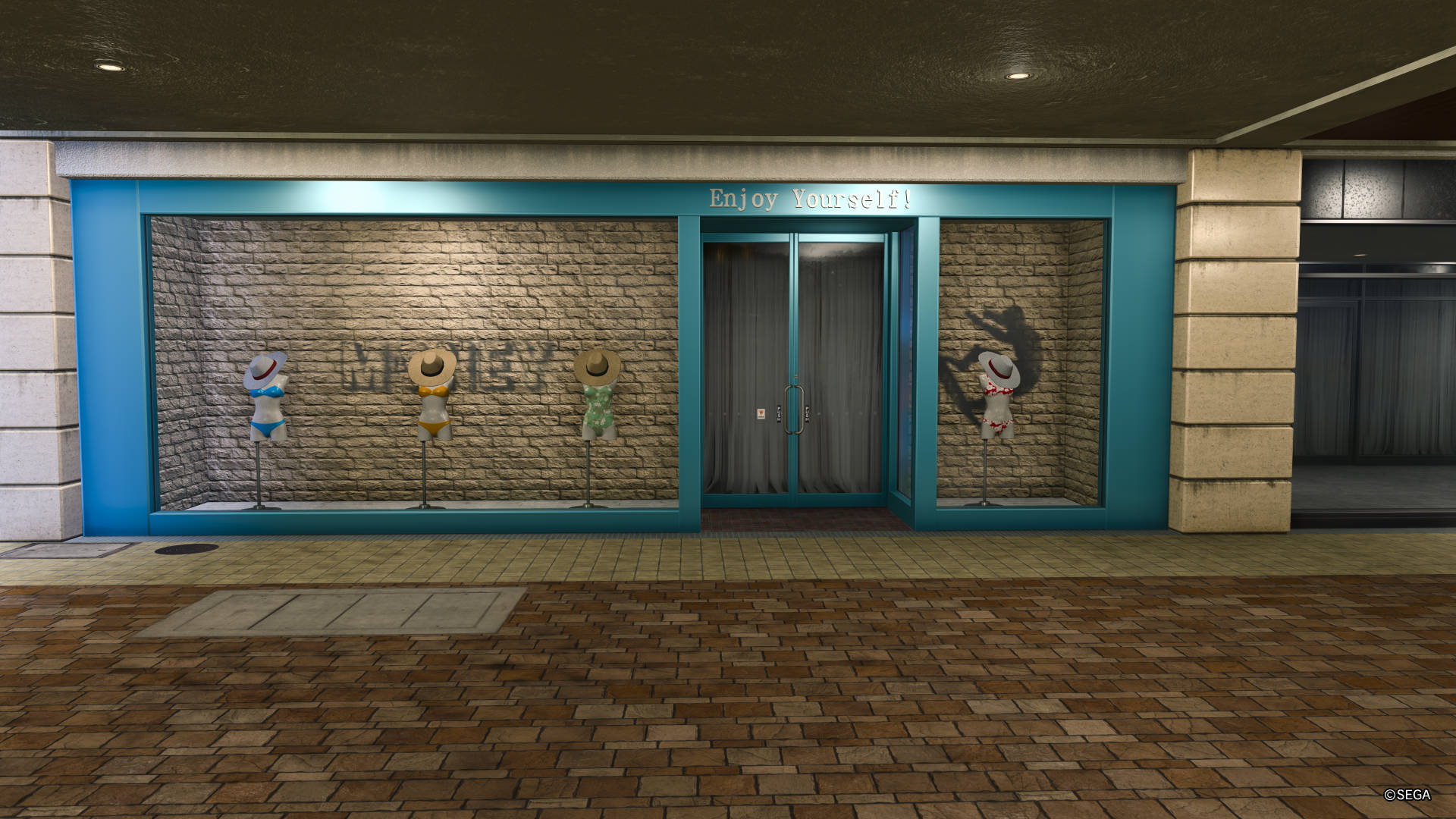
Please make sure to visit some of the island's famous local and vintage designer labels, like...Fiddler?
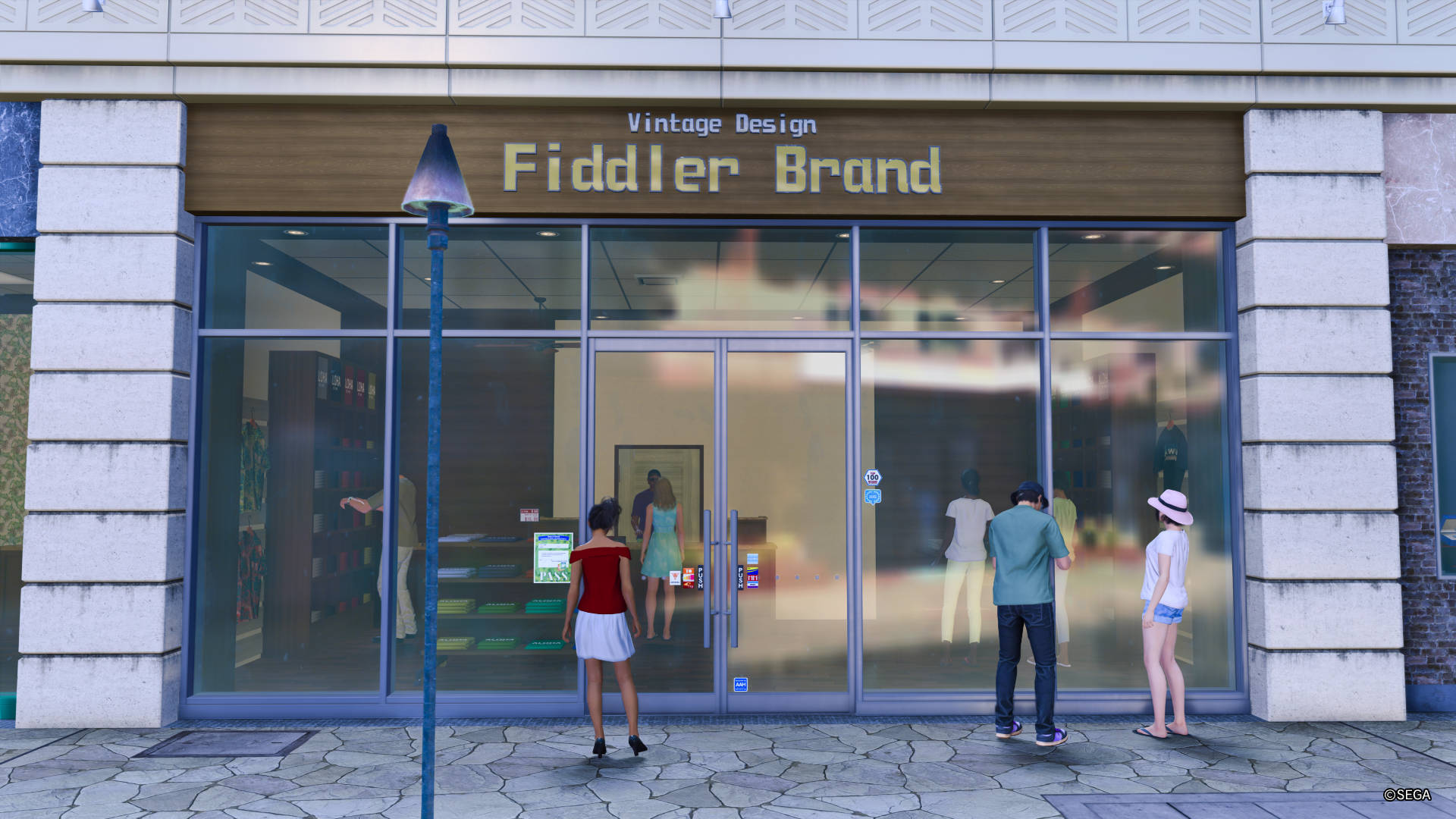
"Damn, Luke, these are bad, but at least they're not using Comic Sans on any of them", oh buddy wait, I got you, they come very close:
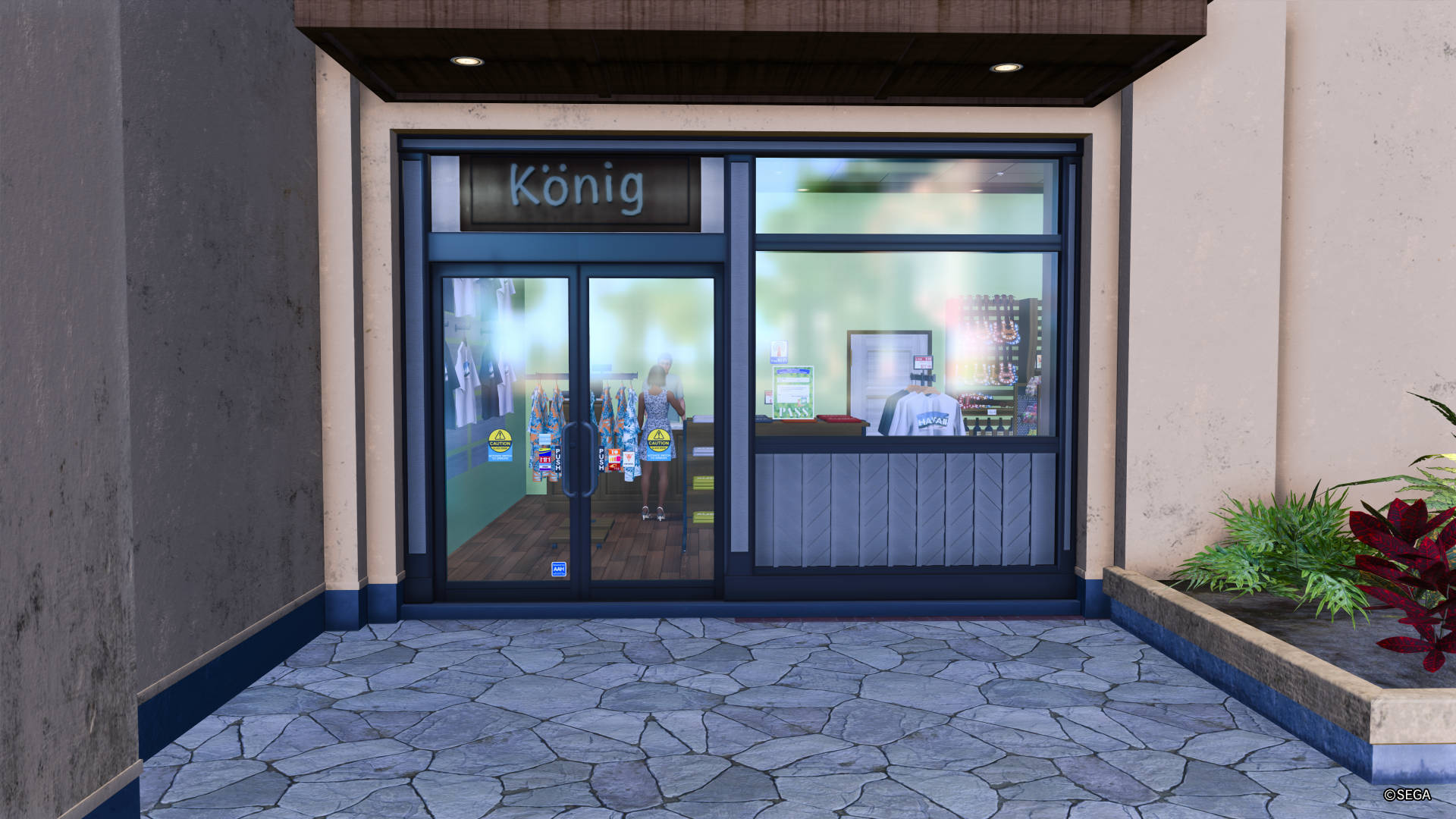
My final example does indeed come from the 2024 video game Like A Dragon: Infinite Wealth, and not the 2002 blockbuster Grand Theft Auto: Vice City:
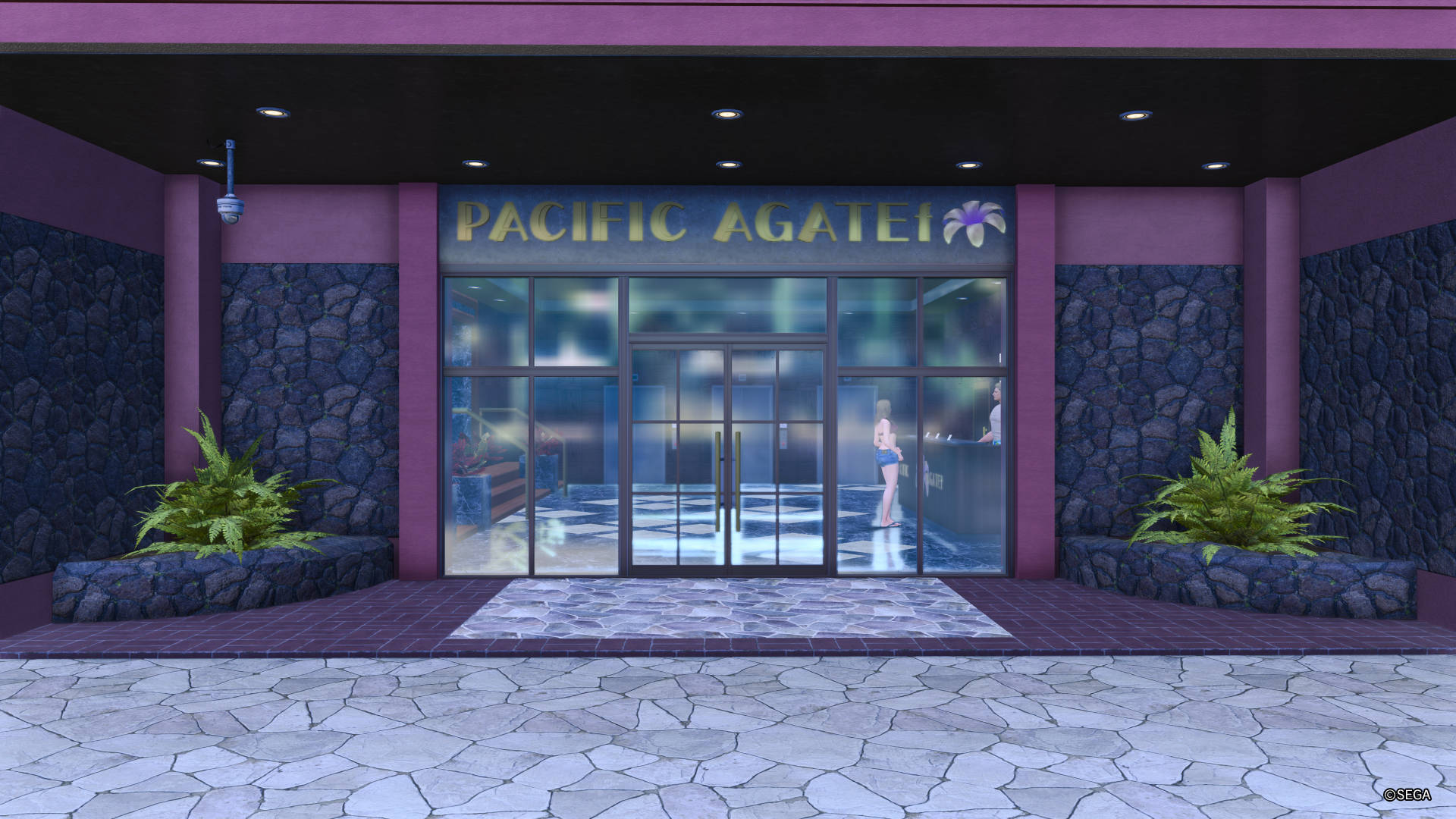
When I first saw these I thought, wow, this shit is bad. Like, really bad. Just utterly devoid of any kind of imagination or appreciation for the location! Western stores and companies have logos too, you know, and sometimes even fancy custom typefaces, but every shopfront in Infinite Wealth looks like it was generated by an AI prompted with "PlayStation 2 open world game".
An early, pessimistic take involved me realising this is how Japanese players must feel every time they play a game made by Westerners and set in Japan; there's a vague outline of the place, but the nuances and details that truly make it just aren't there, making the whole thing feel shallow, wrong, maybe even counterfeit. Then I played a bit more of the game and realised that Infinite Wealth is not set in Hawaii because it admires the place. America, and Americans by extension, are not exactly portrayed in the most positive light (a long-running series tradition!).
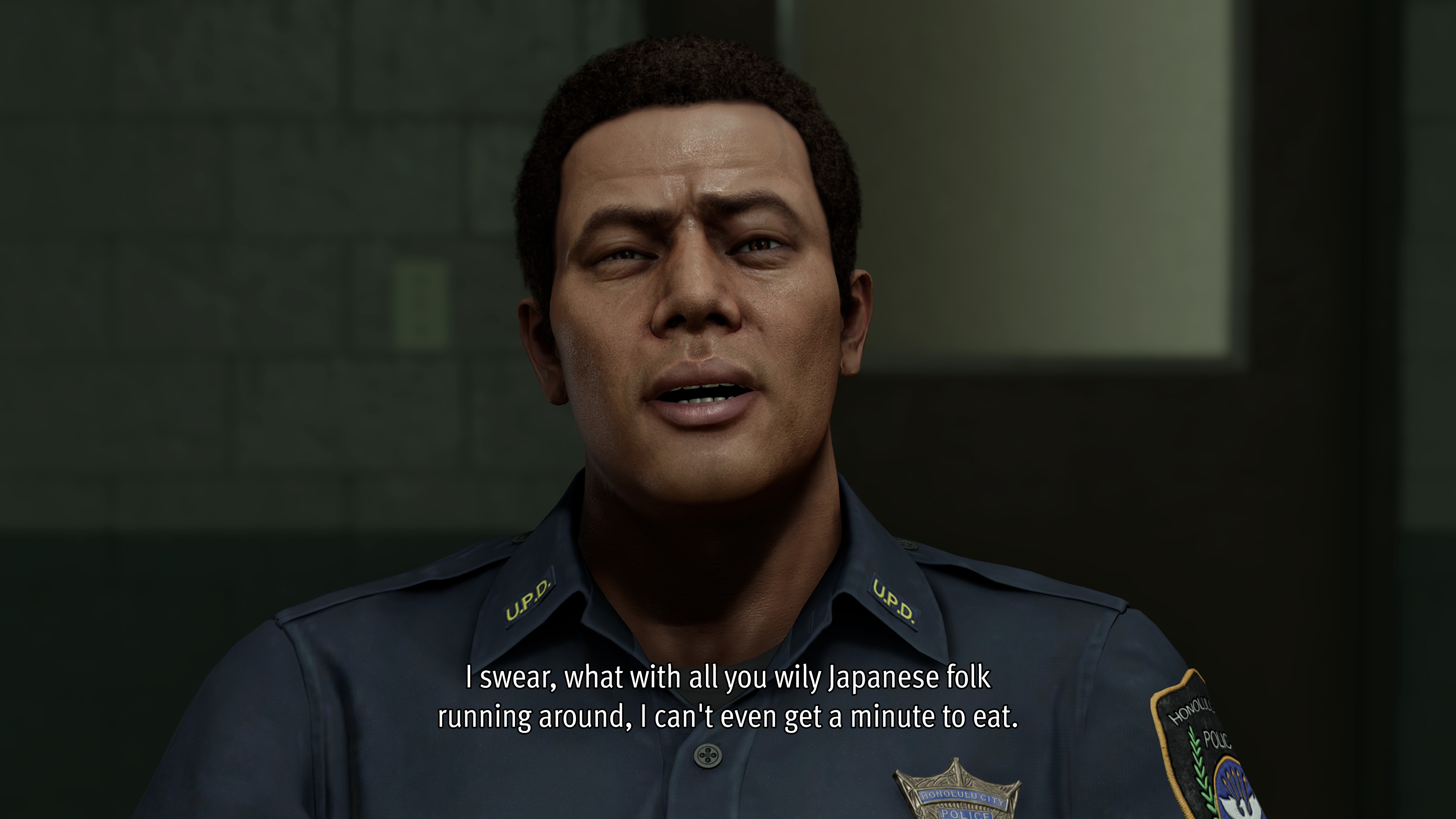
Such an alarming drop-off in the quality of the game's shopfronts could be explained by the fact the development team had to make a whole bunch of brand new ones from scratch for one game, sure--most previous stores in Japan have been there for multiple games, it's part of the charm!--or they could be explained by the fact this is a game made by Japanese developers who know their own country well and know America a lot less.
It's fun to consider however that maybe the reason is just that the developers think American cities suck, are full of businesses that suck, and are just saying all that environmentally. It's a stretch, sure! But consider: no professional gets that close to using Comic Sans by mistake.


